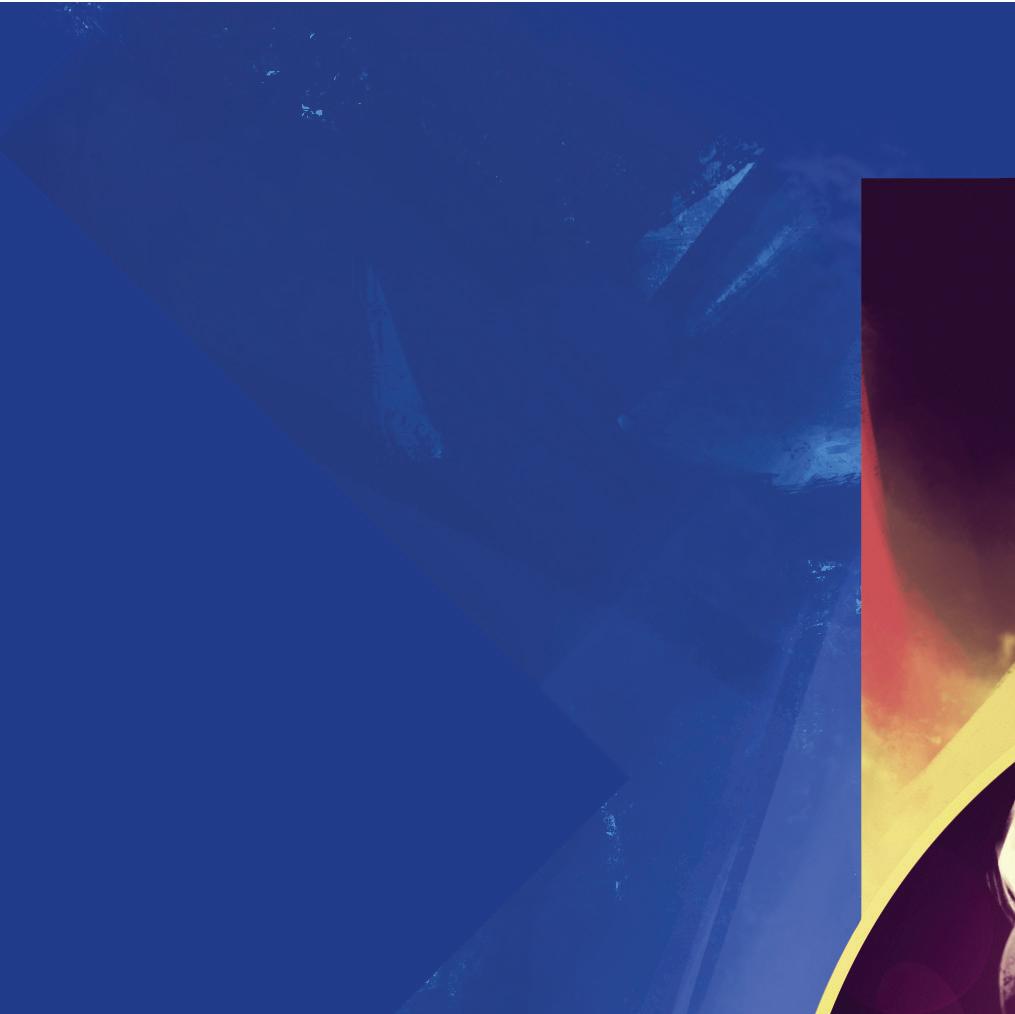
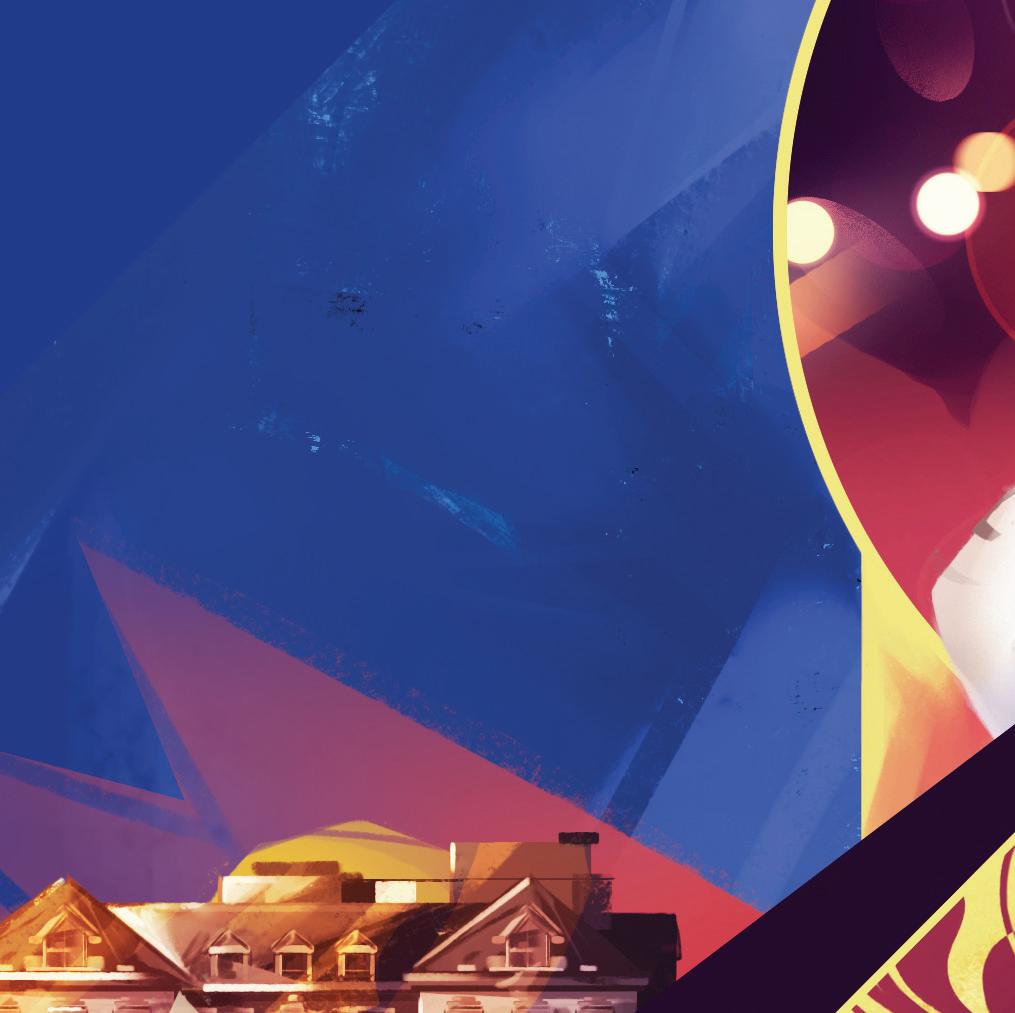
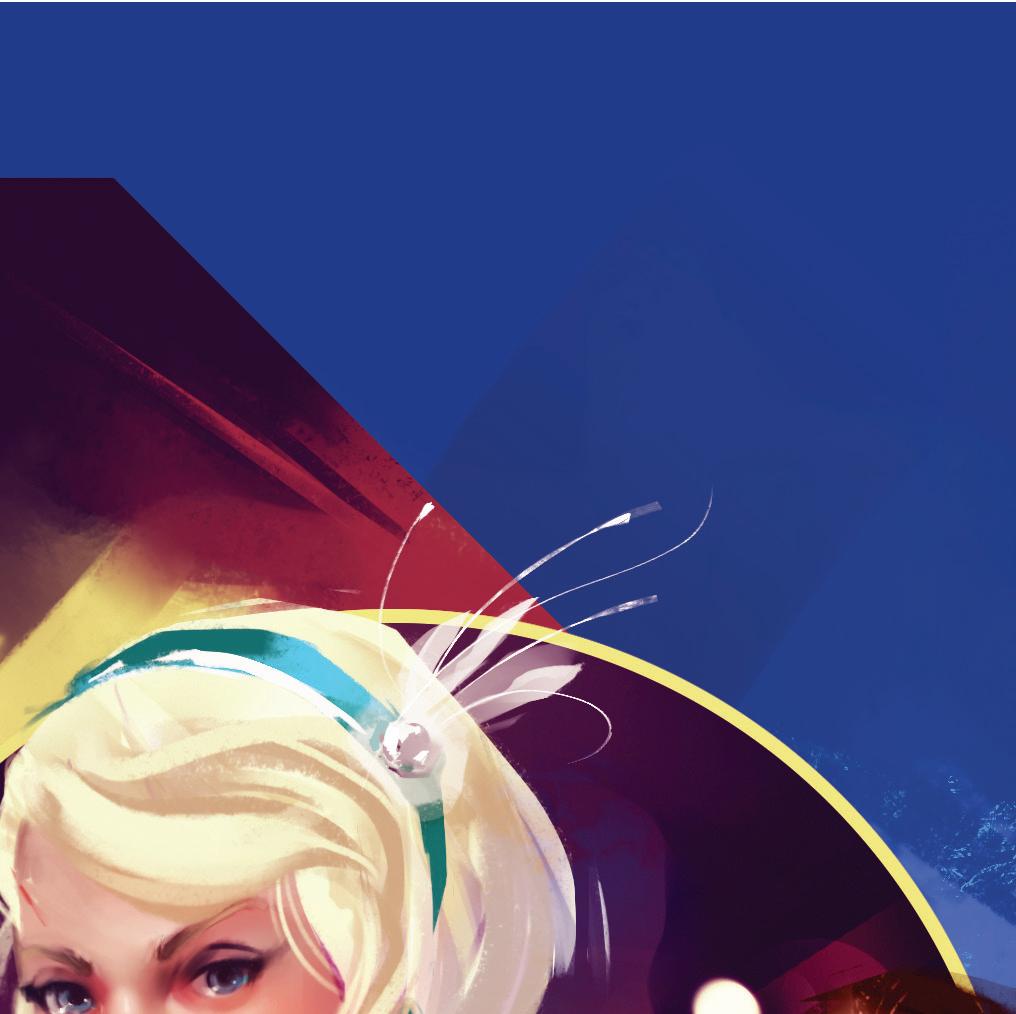
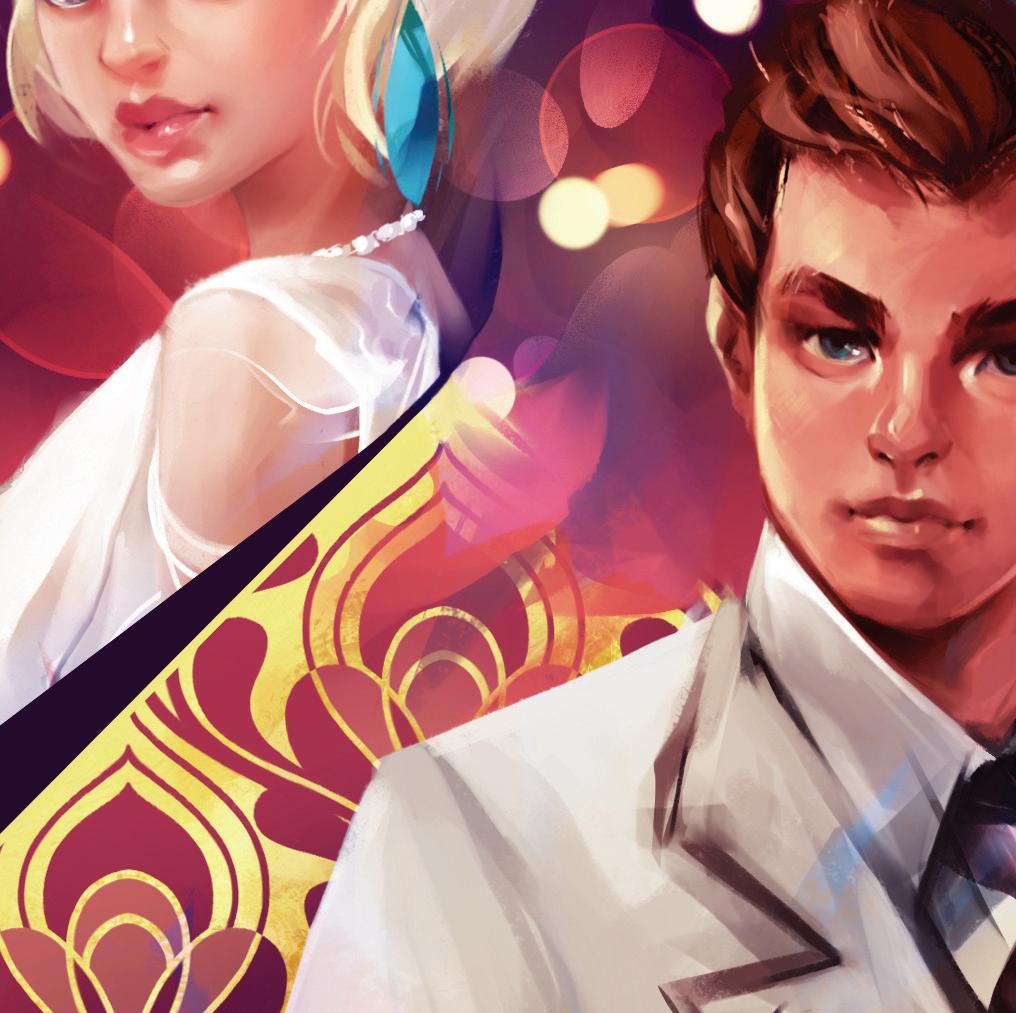
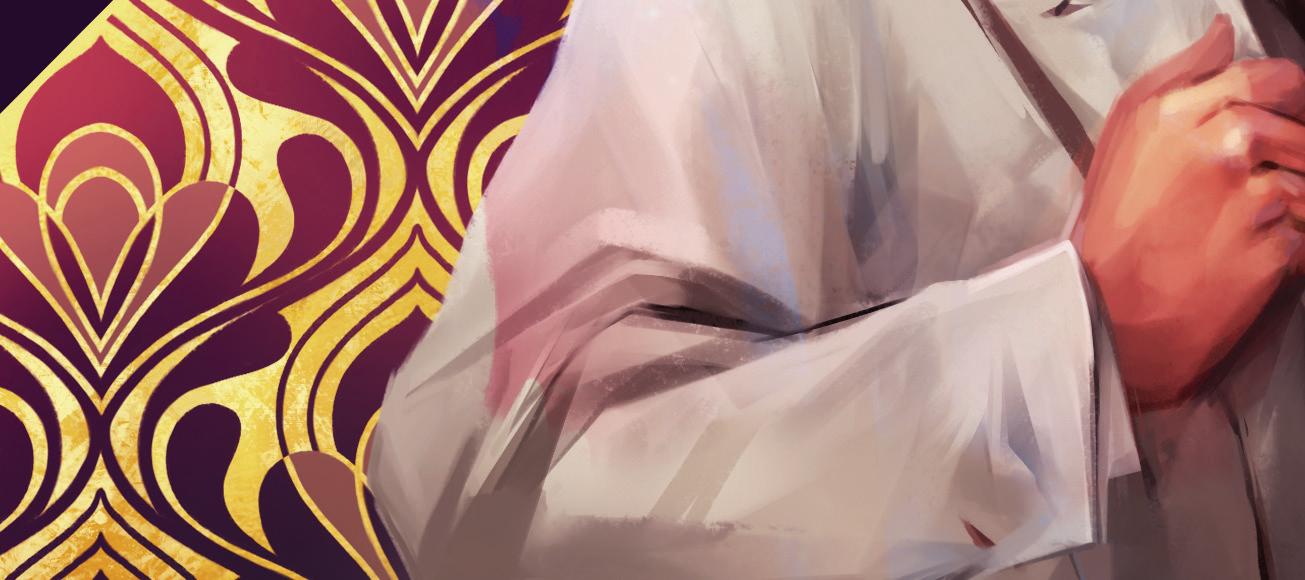

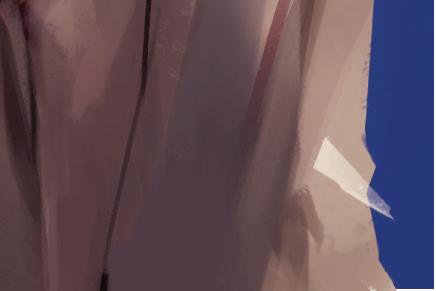
Fitzgerald 5 graded readers THE
TEACHER’S BOOK
F.Scott
GREAT GATSBY
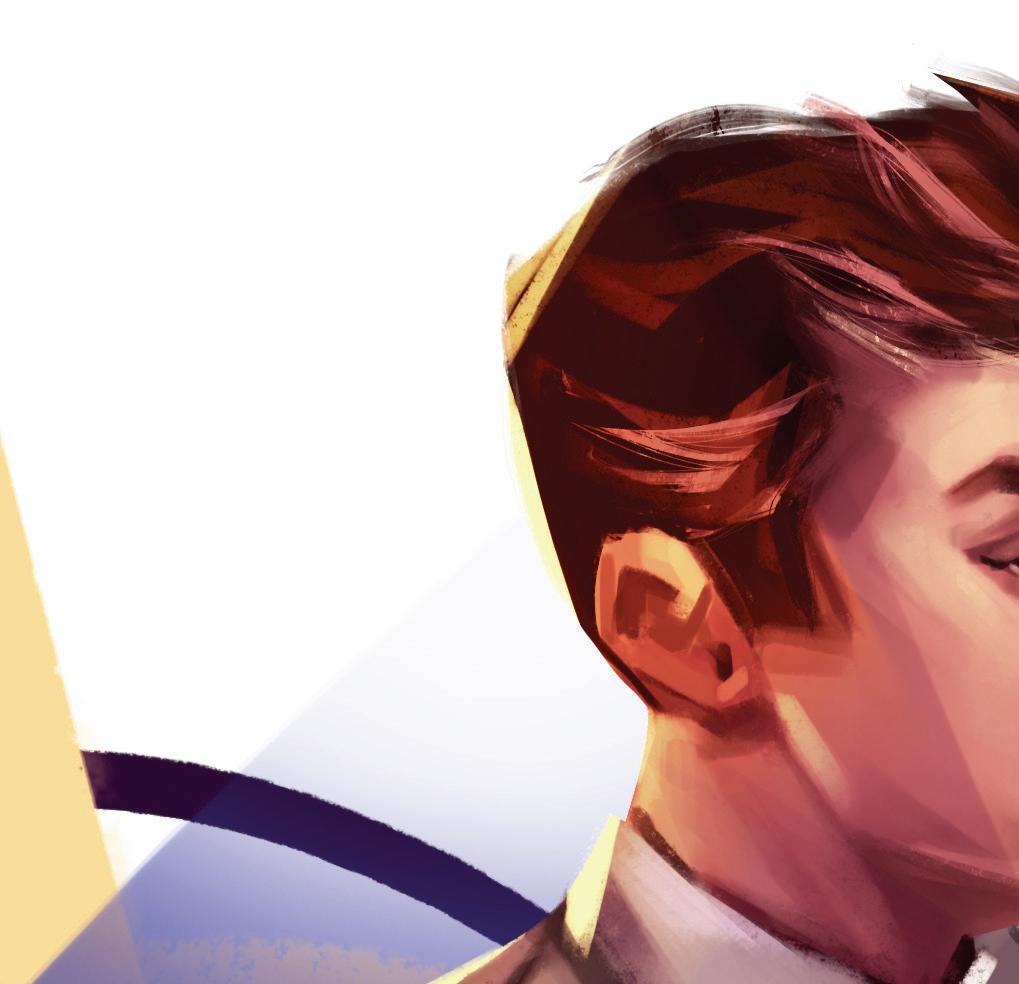
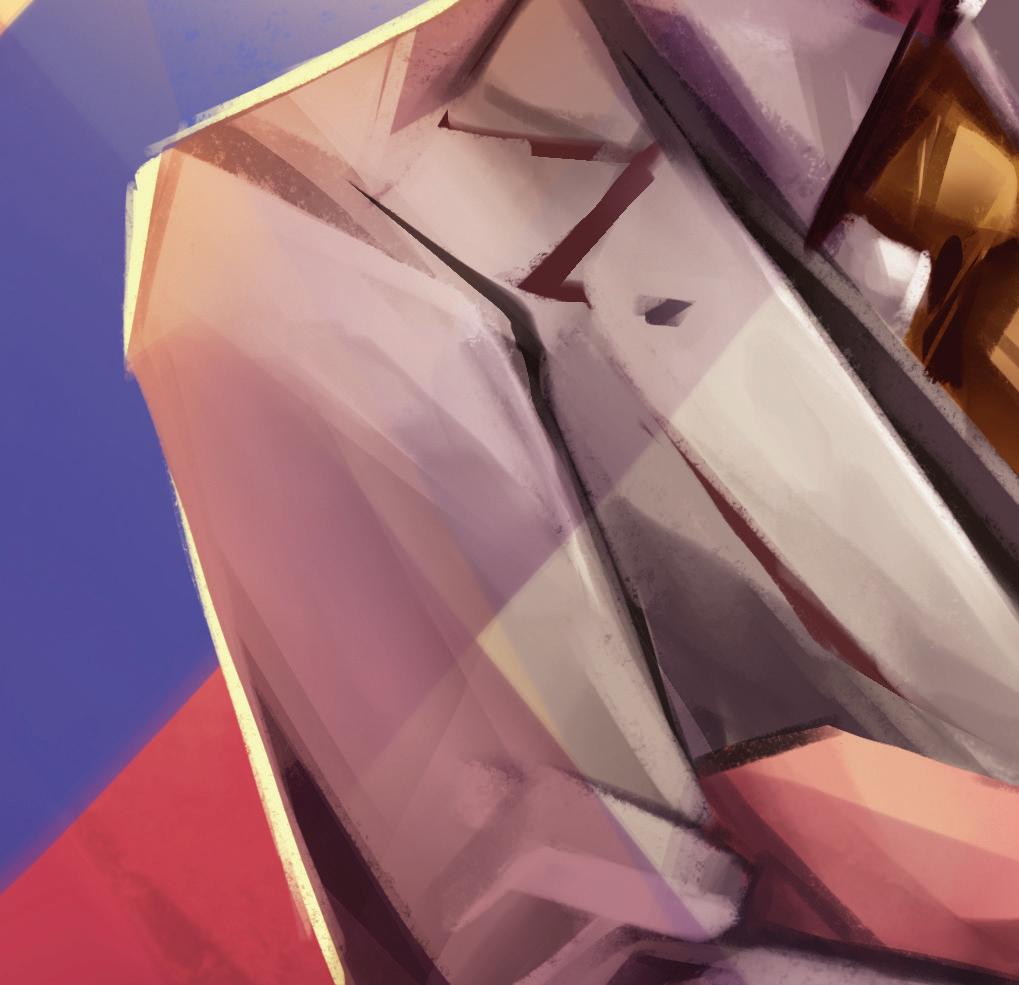
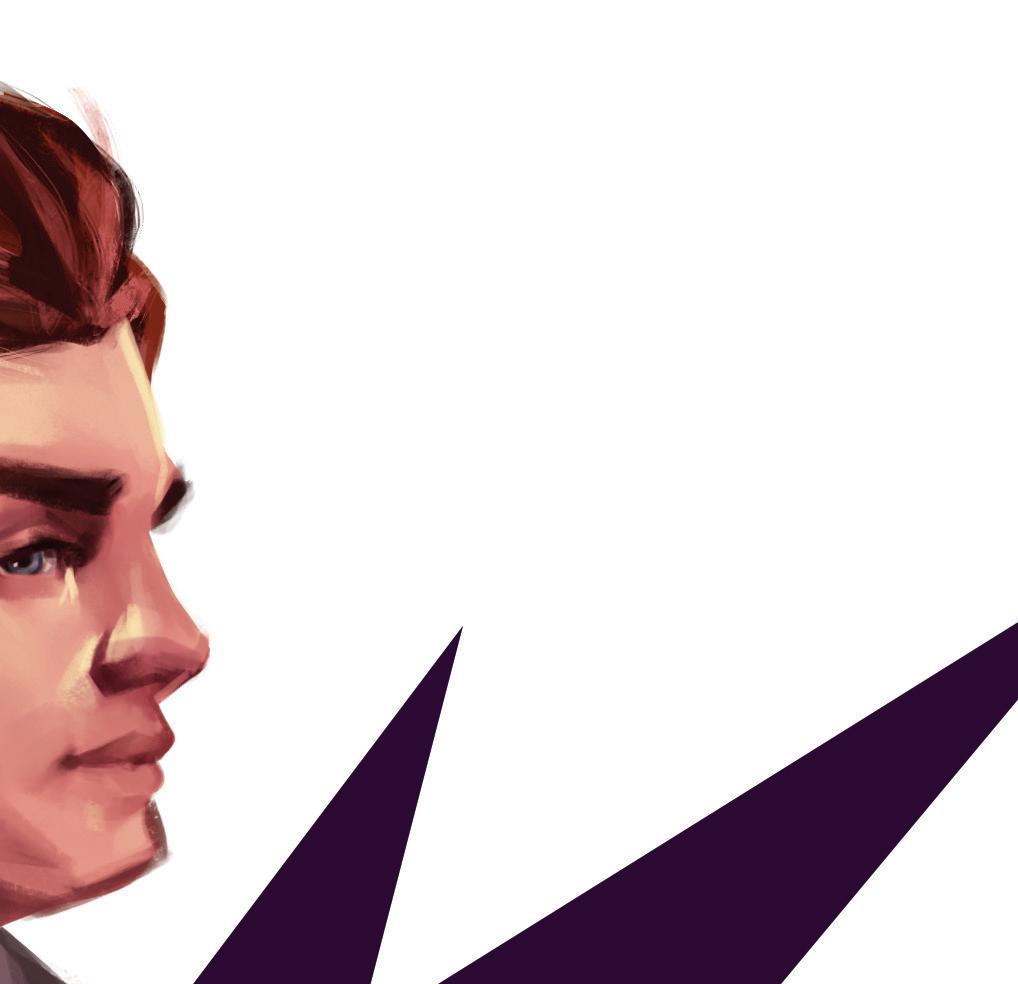
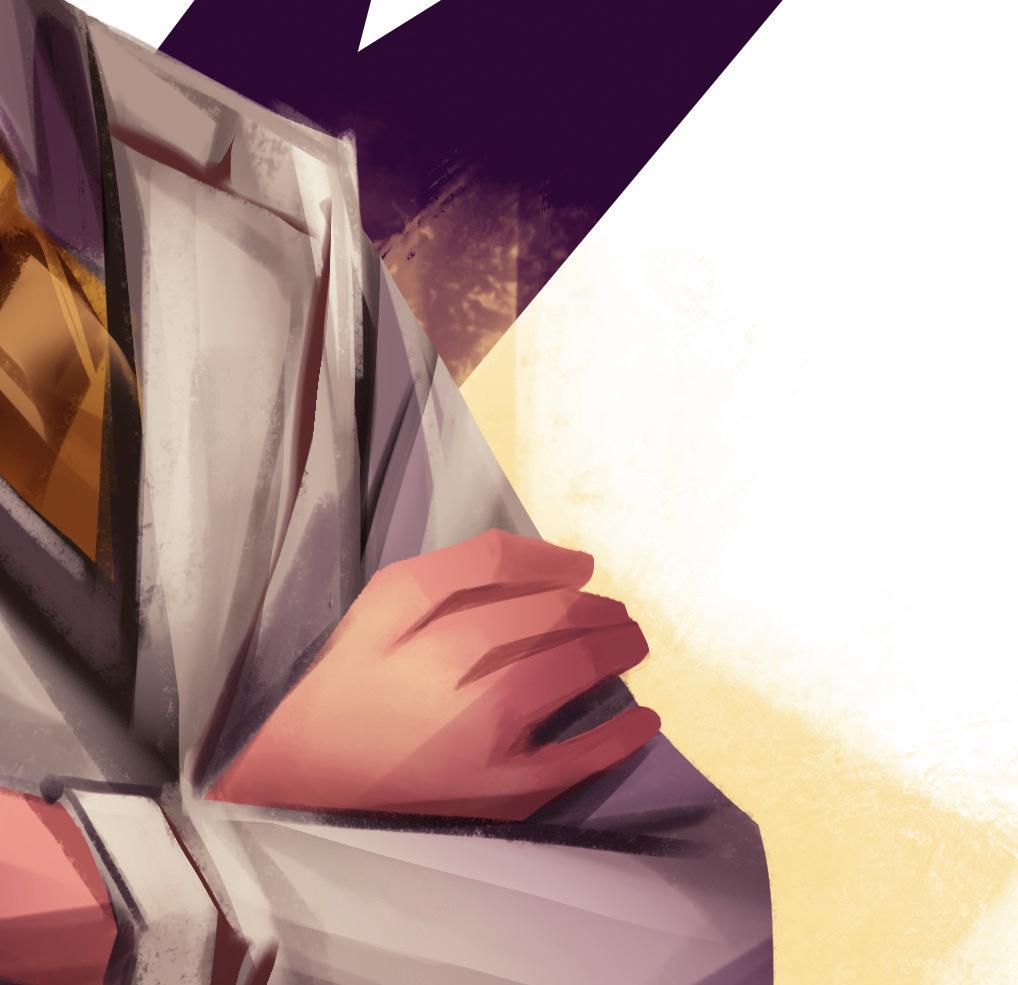
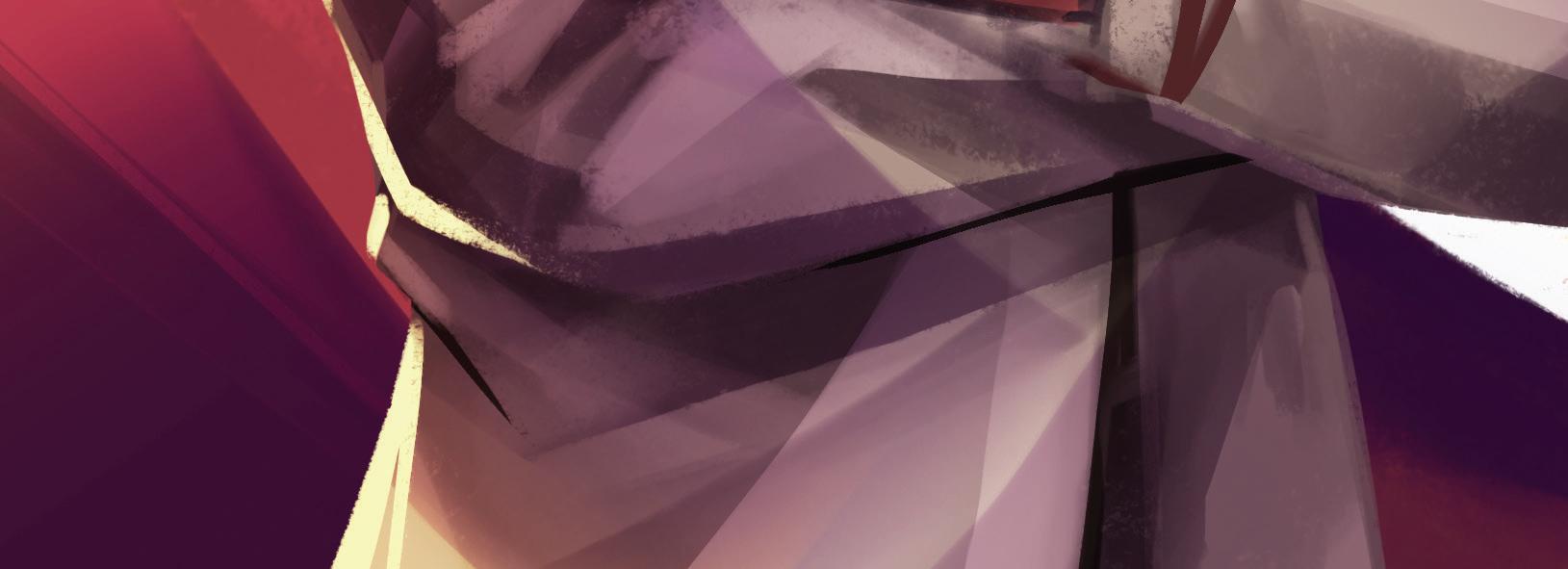


graded readers F. Scott Fitzgerald Retold by Bill Bowler 5
GATSBY TEACHER’S
THE GREAT
BOOK
© 2018 – StandFor
Editorial Director Antonio Rios
Editorial Manager Cayube Galas
Editorial Coordinator Ana Carolina Costa Lopes, Renata Lara de Moraes
Series Editor Nick Bullard
Editorial Assistant Nathalia Thomaz
Contributor Fernanda Valezini Ferreira
Production Manager Mariana Milani
Production Coordinator Marcelo Henrique Ferreira Fontes
Proofreader Hannah Fish
Art Manager Ricardo Borges
Art Coordinator Daniela Di Creddo Máximo Design Yan Comunicação Cover Design Yan Comunicação
Art Supervisor Patrícia De Michelis
Art Editors/Layout Sidnei Moura, Lidiani Minoda
Illustrations Coordinator Márcia Berne
Illustrations Guilherme Asthma
Operations Director and Reginaldo Soares Damasceno Print Production Manager
Dados Internacionais de Catalogação na Publicação (CIP) (Câmara Brasileira do Livro, SP, Brasil)
Fitzgerald, F. Scott, 1896-1940.
The great gatsby : standfor graded readers : Slevel 5 / F. Scott Fitzgerald ; retold by Bill Bowler ; illustrated by Guilherme Asthma. -1. ed. -- São Paulo : FTD, 2018.
ISBN 978-85-96-01503-5 (aluno)
ISBN 978-85-96-01504-2 (professor)
1. Literatura infantojuvenil em inglês
I. Bowler, Bill. II. Asthma, Guilherme. III. Título.
Índices para catálogo sistemático:
1.
2.
All rights reserved. No part of this publication may be reproduced, stored in a retrieval system, or transmitted, in any form or by any means, electronic, mechanical, photocopying, recording, or otherwise, without the prior written permission of StandFor.
This book is sold subject to the condition that it shall not, by way of trade or otherwise, be lent, resold, hired out, or otherwise circulated without the publisher’s prior consent in any form of binding or cover than that in which it is published and without a similar condition being imposed on the subsequent purchaser.
Produção
Literatura infantil em inglês 028.5
Literatura infantojuvenil em inglês 028.5 18-13668 CDD-028.5
Avenida Antônio Bardella, 300 - 07220-020 GUARULHOS (SP) Fone: (11) 3545-8600 e Fax: (11) 2412-5375
gráfica www.twosides.org.br
156 – Bela Vista – São Paulo-SP – Brasil – CEP 01326-010
Rua Rui Barbosa,
772 2300 – Caixa Postal 65149 – CEP 01390-970 – www.standfor.com.br 1 2 3 4 5 6 7 8 9
Phone 0800
THE GREAT GATSBY
Francis Scott Key Fitzgerald was born in St. Paul, Minnesota, in 1896, and published his first story in his school newspaper when he was fifteen. He went on to study at Princeton University, but he spent too much time on his writing, dropped out, and joined the army in 1917. He left the army at the end of the First World War in 1918, without seeing any fighting.
His first published novel was This Side of Paradise (1920), and he went on to write more novels, including The Great Gatsby (1925) and short stories, including “The Curious Case of Benjamin Button” (1922). He moved to Hollywood in 1926 to write for the movies, and died there in 1940.
3
1
BEFORE READING
Look at the picture on the front of the book and read the back cover. Check the correct answers.
1. Nick Carraway, who tells the story,…
a. moves away from New York.
b. lives near Jay Gatsby. ü
c. has made a lot of money in New York.
d. has parties every weekend.
2. Jay Gatsby…
a. has no friends. c. has a lot of secrets. ü
b. has no money.
3. The story happens…
a. far from New York.
b. in the future.
d. lives a quiet life.
c. in the past ü
d. in a poor city.
In the year 1920, the U.S. government introduced a law to stop businesses producing and selling alcoholic drinks (beer and wine, for example) across the country. This law lasted until 1933.
Check the things that you think happened in America between 1920 and 1933.
1. Criminals began the transportation of alcoholic drinks from neighboring countries. ü
2. People made poor quality alcoholic drinks secretly at home. ü
3. All adults stopped drinking alcohol for 13 years.
4. Criminals made money selling alcoholic drinks in the secret bars that they owned. ü
5. The government lost money (there were no bar licenses and no money was paid to it from the price of each bottle of alcohol that was sold). ü
4
2
1 Chapter
Other People’s Secrets
When I was younger, my father once told me: “Before you say something bad about somebody, remember this: most people haven’t had your good start in life.”
Because of that, I’m nice to people –and they tell me their secrets. But when I returned home from the East last winter, I didn’t want to hear any more secrets. I felt differently about Gatsby, the man who gives this book its name. I usually dislike people who are similar to Gatsby, but he was wonderful in his way. I never met before or will ever meet again a more hopeful man. He was all right in the end. But when Gatsby’s dream finished, my interest in other people’s secrets finished for a while, too.
My name’s Nick Carraway. The Carraways have lived in the Middle West of America for over seventy years. My grandfather’s brother started the family business there that my father owns today.
I began studying at Yale University in 1915. After college, I went to Europe to fight against Germany. Then I came back to the Mid-West. I felt bored. My family discussed my future. I wanted to learn the bond business – so my father agreed to pay for me to go East for a year to do this.
5
The Great Gatsby

In 1922, I rented a little house in the country east of New York City, on Long Island. I had an old Dodge car and a Finnish woman cooked and cleaned for me. I bought several books to help me learn the secrets of making money.
Now, there are two egg-shaped parts of Long Island when you see it from above. There is a bay between them. I lived in West Egg – the less fashionable part.
My house stood beside a big house with a swimming pool in its large garden. It belonged to a gentleman called Mr. Gatsby and was a modern copy of an old French palace. My house appeared small and ugly beside it. But for eighty dollars a month, I lived next to a man with millions of dollars.
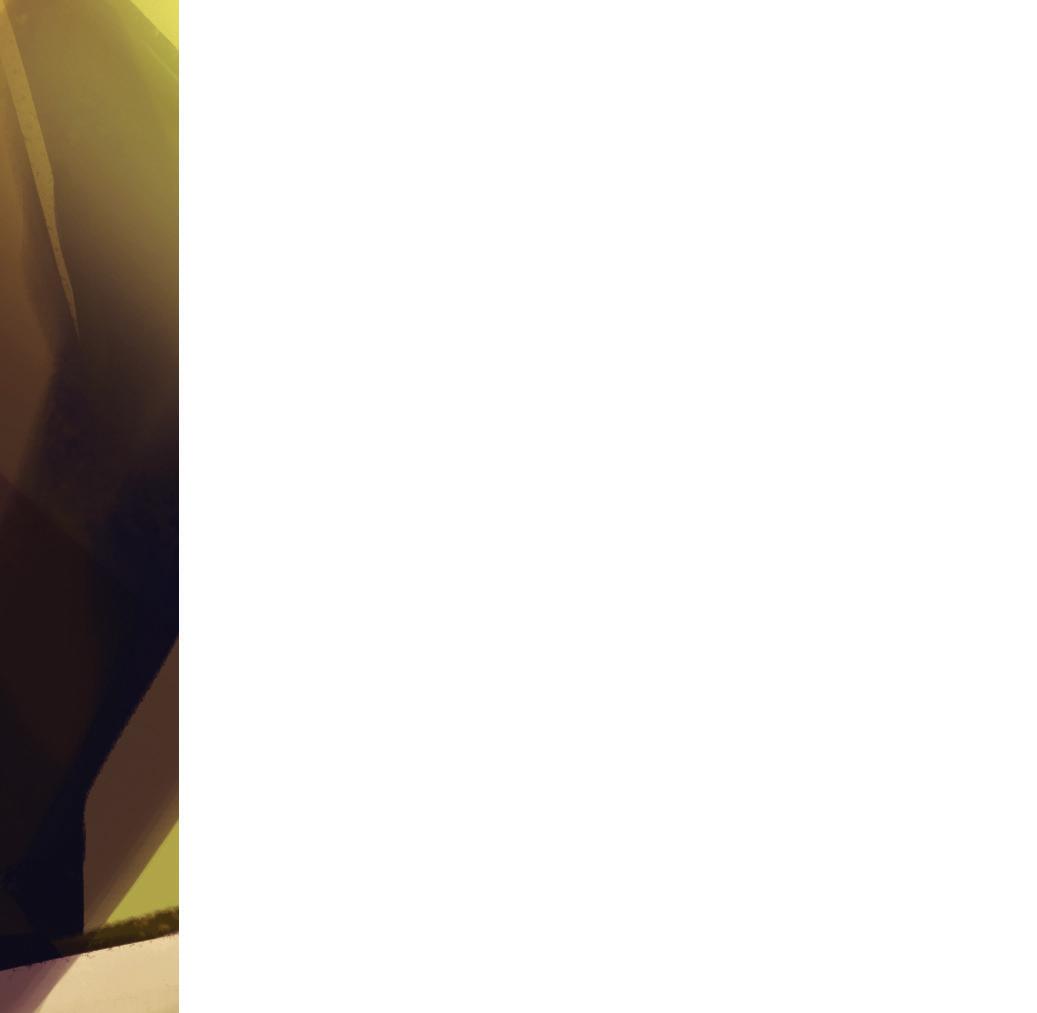
My story really begins when I drove over to the Buchanans, who lived in East Egg on the fashionable side of the bay. Daisy Buchanan was a cousin of mine. I had known her husband, Tom, at college. Just after I returned from Europe, I had stayed with them in Chicago for two days.

At twenty-one, Tom had been a top footballer at Yale, but his later life failed to match that early promise. He came from a seriously rich family and he and Daisy had lived in France for a year. Then they had returned to Chicago. After that they had come East. Why? Who knows? Tom loved horse riding, so he had brought with him a handful of very expensive horses. It was surprising for me to meet someone my own age who was so rich.
“We’re not moving again,” Daisy told me when I phoned her. I didn’t believe it. I didn’t really know Daisy, but Tom was clearly searching for the success of his younger days, and he often needed to move.
So – on a warm summer’s evening – I drove to East Egg to visit two old friends whom I hardly knew. Their house was larger than I had expected – red and white – and it looked across the bay. Its gardens ran from the front door to the beach, four hundred meters away.
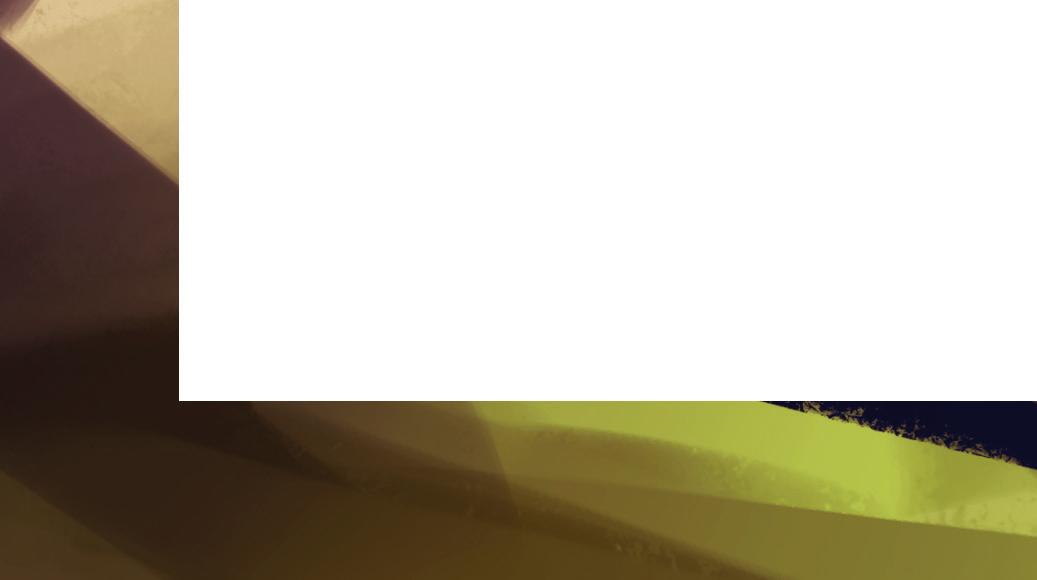
When I arrived, Tom Buchanan was standing in riding clothes on the sunny front porch. He was different, at thirty, from the student friend that I remembered. Below his blond hair,

6
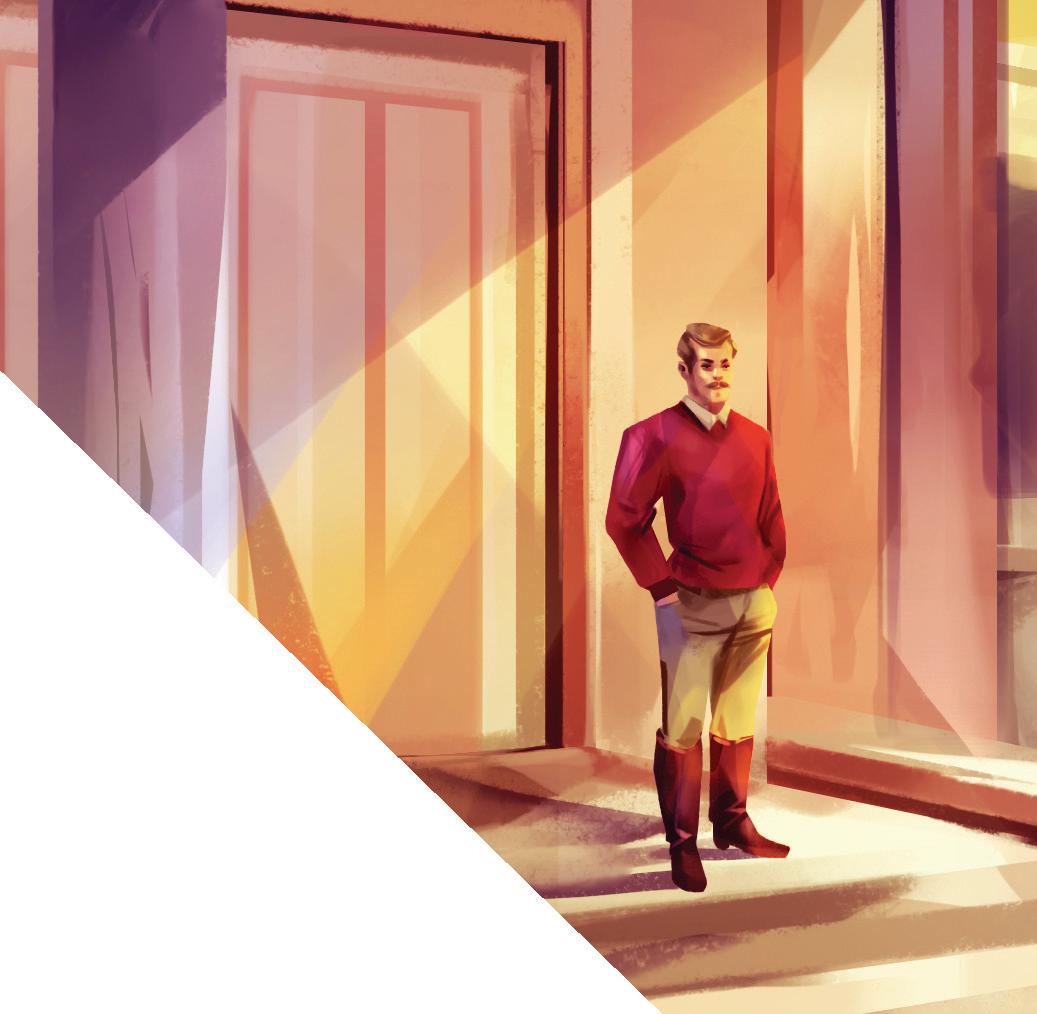
his eyes were proud, and his mouth was hard. His body was thick and strong. He had the nervous energy of a fighter.


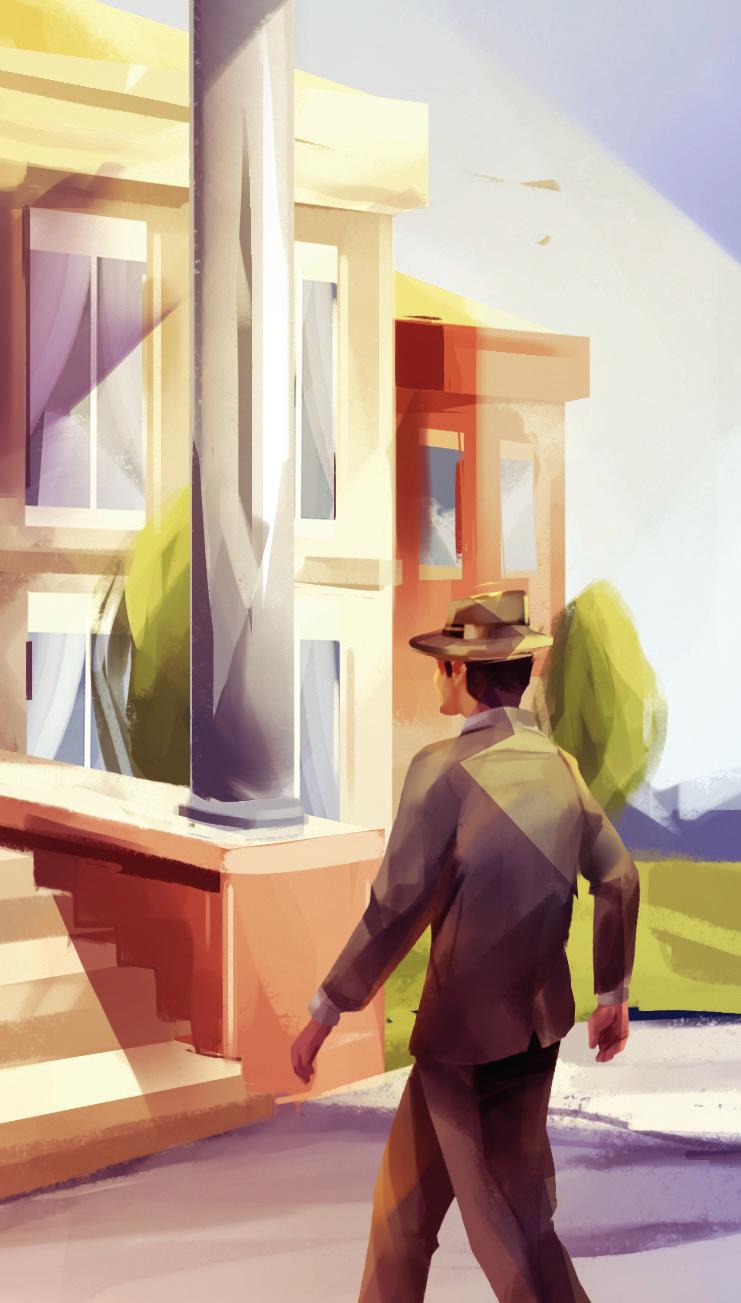
“I have a nice place here. It belonged to Demaine, the oil man,” he explained. He showed me the rose gardens, and the boat with the racy engine which danced in the sea near his private harbor. After that, we went inside. We walked through a high hall into a large rosecolored room. A warm wind came through the open glass doors, and the drapes were blowing in it. Under the white ceiling, in the center of the room, I saw two women. They were on a large sofa which stood on a winecolored carpet. Their white dresses moved in the wind from the glass doors. When Tom loudly closed the doors on one side of the room, the wind inside died: dresses and drapes were suddenly still.
I didn’t recognize the younger woman who lay at one end of the sofa. And she didn’t seem to notice me. But my cousin Daisy, sitting at the other end, saw me and laughed prettily. I laughed, too, and stepped nearer.
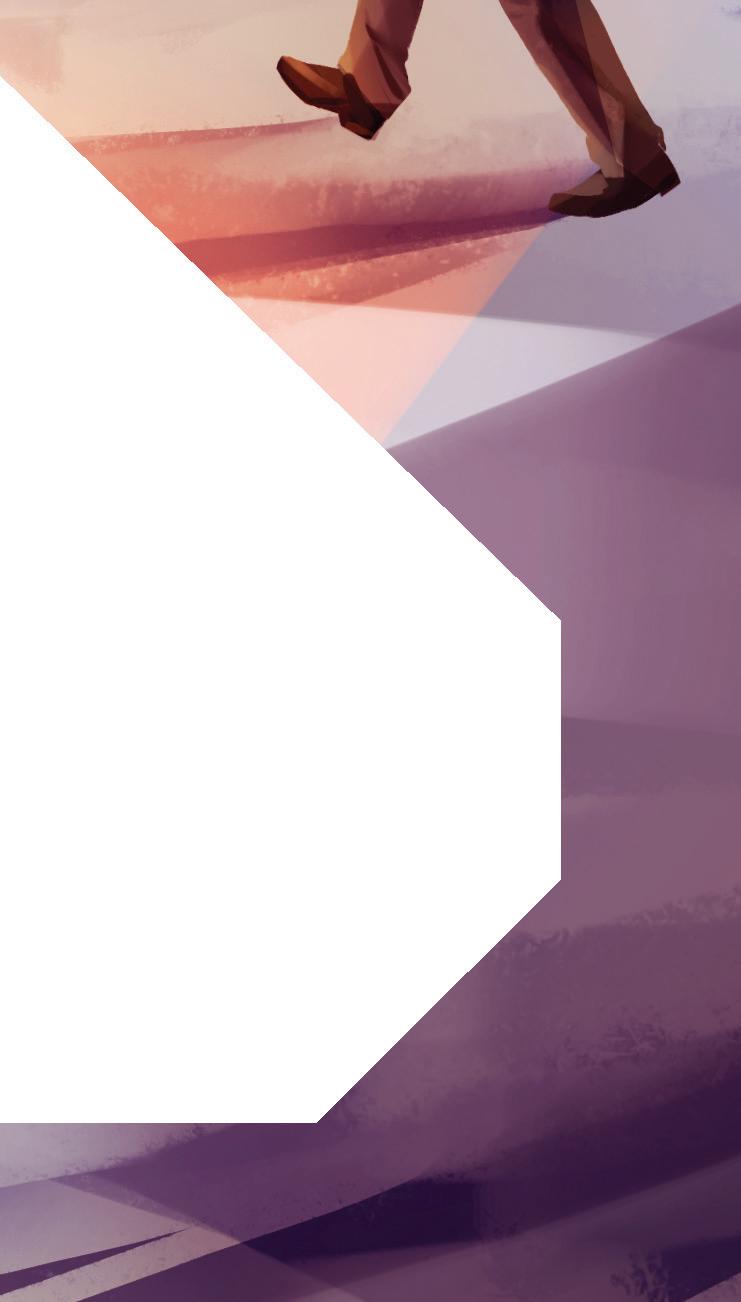
7




“Nick, I’m so pleased to see you,” she said in her low, soft voice. She gave me her hand. Then she turned towards her friend on
the sofa and said, “This is Miss Baker.”
Miss Baker looked at me for a moment. Her mouth moved
Miss Baker looked at me for a moment. Her mouth moved silently. Then she lay back again.
Daisy asked me, “So, how are you?”
“Fine,” I answered. “I stopped in Chicago on my way East. Several
old friends send their love. Everybody misses you.”
“Do you hear that, Tom? Let’s go back,” she said. Then she added
to me, “Have you seen the baby?”
“No,” I answered. “Can I?”
“Yes. She’s three, but she’s asleep now,” continued Daisy. “She…” Tom put his hand on my shoulder. “What are you doing in New
York?” he asked.

“I’m a bond man.”
“Who with?”

I told him the name of the business. “Never heard of them,” he said. I felt angry. “You’ll hear of them,” I said, “if you stay in the East.”
“I’m staying. Don’t worry. I’d be stupid if I lived anywhere else,”
said Tom.

“That’s right,” said Miss Baker suddenly. I was surprised. These She stood up and added, “My back’s aching. I’ve been on that sofa
were her first words since I had arrived. for hours.”

“I know,” said Daisy. “I’ve been wanting to take you into New York
all afternoon.”
Baker. “I’m in training.”
Suddenly a butler appeared with drinks. “No, thanks,” said Miss you?” said Tom, surprised. He took a glass and drank from it greedily. “I don’t understand how you win anything,” he added.



“Are before, I felt sure. But where?
I wondered what he meant. I had seen Miss Baker somewhere
“You live in West Egg,” she told me flatly. “I know somebody there.”
“Who?” I asked.






“Which Gatsby?” asked Daisy.
Tom took me out to the back porch. Daisy and Miss Baker walked before us to the table. We all sat down. The butler
“Let’s plan something,” said Miss Baker in a sleepy voice. “OK,” replied Daisy. Then she looked down at her hand
Before I could answer, the dinner bell rang. opened a bottle of fine red wine. and became tearful.
“Look! Tom did this earlier.” She held her little finger up. It was purple.
“You didn’t mean to, Tom, I know,”
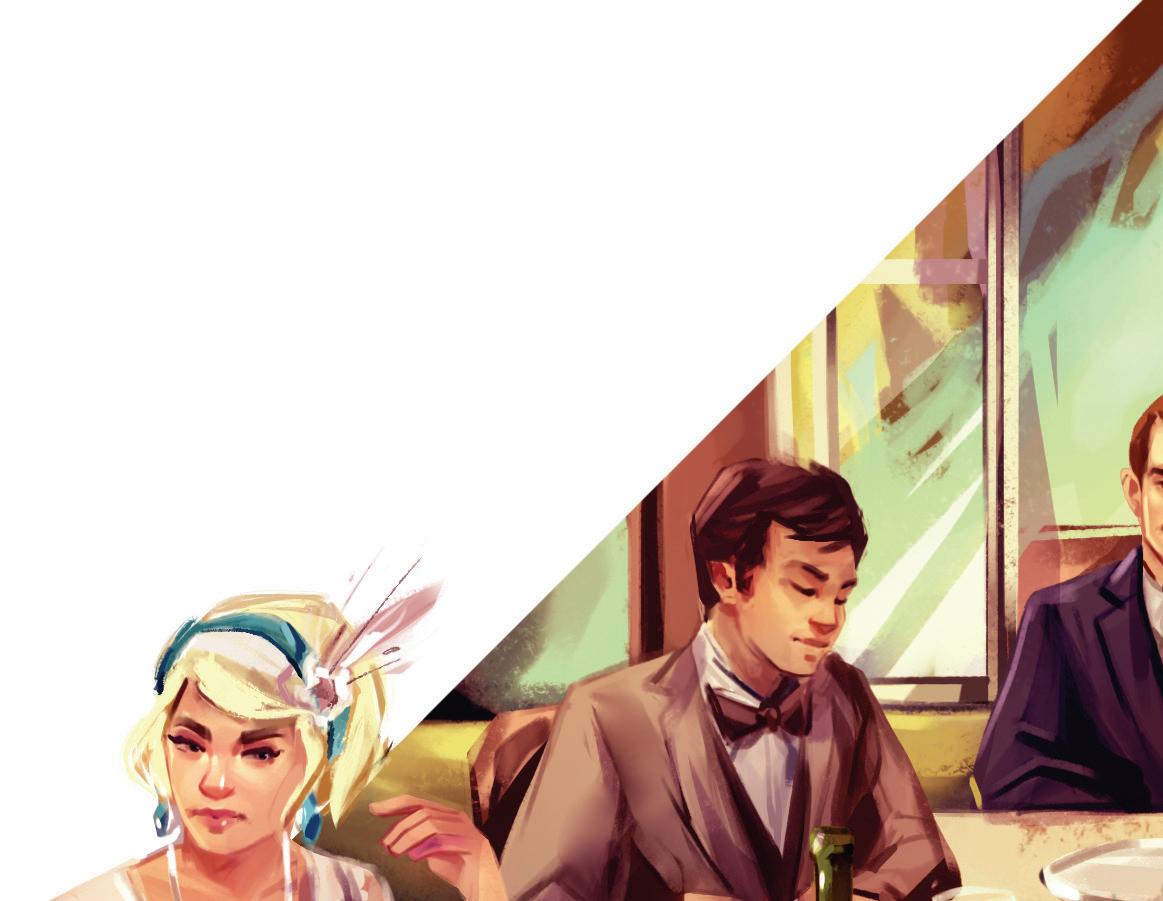

she said. “But that’s the result of me marrying a great, big animal of a man.”
Tom replied angrily. “Don’t call me names, Daisy. Not even for a laugh. I don’t like it!”



“Animal!” she repeated.
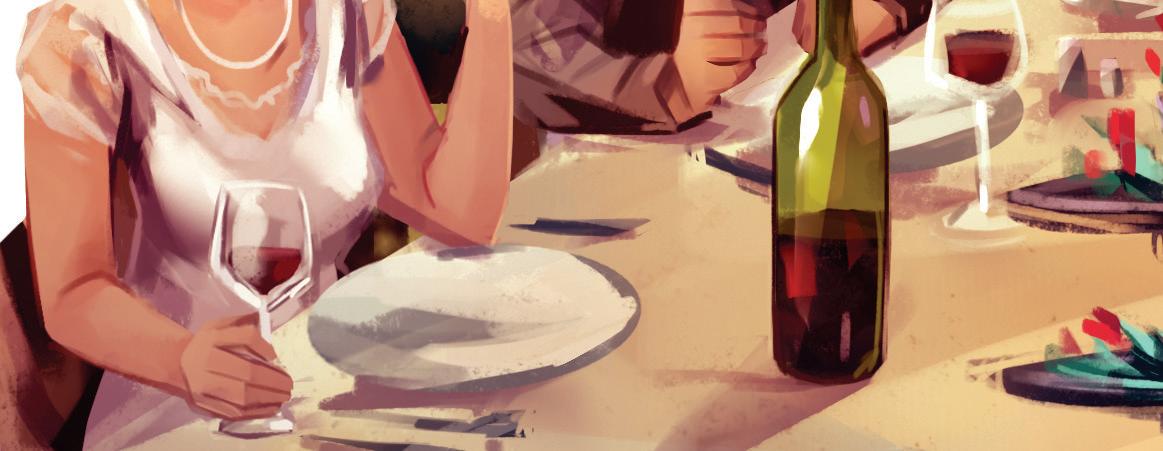



| Chapter 1
9


We continued chatting. Just then, the telephone rang inside the house. The butler went to answer it. He returned and spoke quietly in Tom’s ear. Tom looked nervous, stood up, and
without a word, went inside. the voices in the house.
“Thanks for coming, Nick. You make me think of a pink rose,” smiled Daisy. Then she went inside, too.
I turned to Miss Baker. She was sitting in silence, listening to “What’s happening?” I asked, wide-eyed.
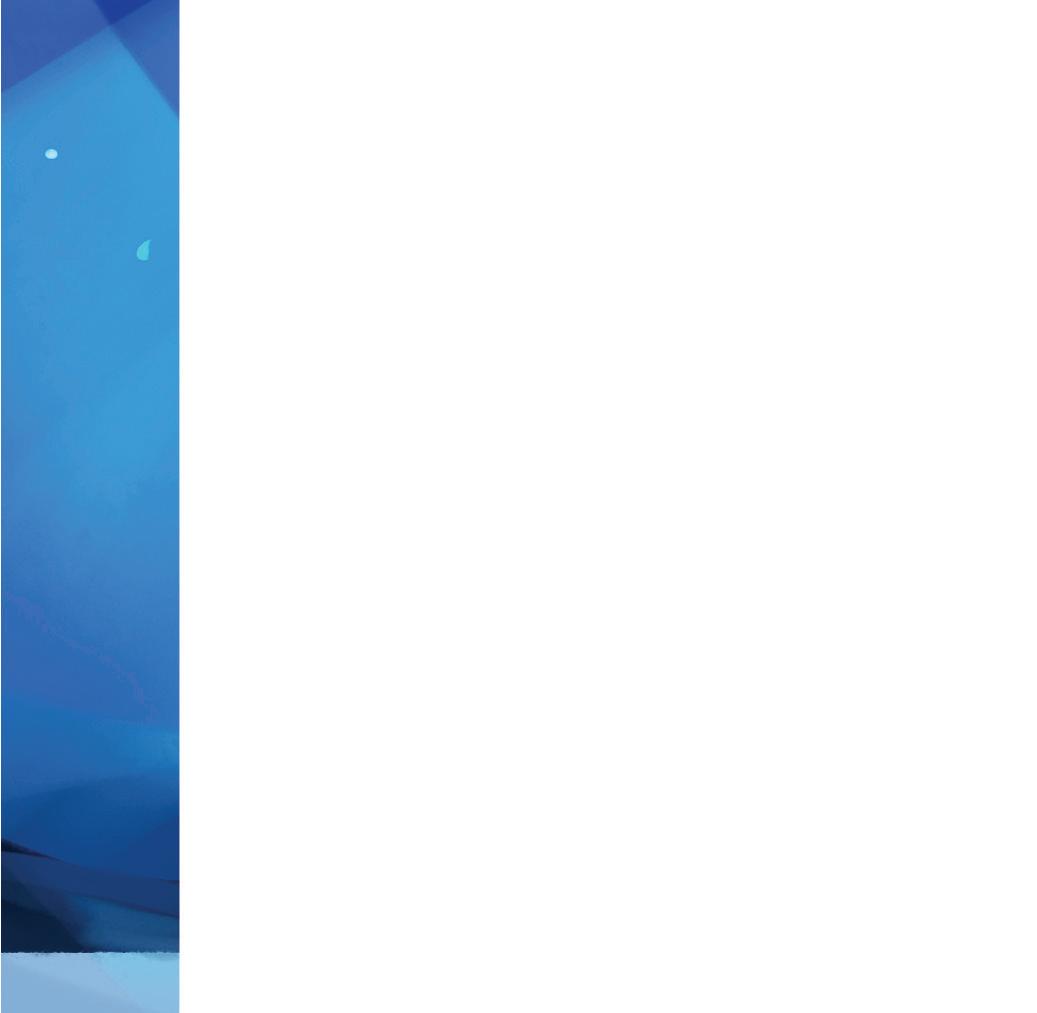

“Mr. Gatsby’s my neighbor,” I began. “Shhh!” she said. “I want to hear!” dinner time? She’s terrible!”
“Are you serious?” asked Miss Baker. “Everybody knew, I thought…Tom has a woman in New York. But why phone at
Suddenly I understood. Just then, Daisy and Tom returned to
the table.


“Everything’s fine,” said Daisy, smiling too brightly.
“Nick,” said Tom, “after dinner we can look at my horses.”
The telephone rang again. Daisy shook her head at Tom – and the idea of visiting horses was soon forgotten.
When we finished eating, Miss Baker took Tom inside and read to him from the Saturday newspaper. Daisy and I walked around the outside of the house. We sat on the front porch, and talked about her daughter.
“I’ve had a bad time with Tom,” said Daisy. “He was away when our baby was born. I was happy when the nurse said, ‘It’s a girl!’ I thought to myself, ‘Good. And, because men are stupid, she’ll be fine.’”


Soon afterwards, Daisy and I went inside. When we arrived, Miss Baker stopped reading and stood up. “Ten o’clock!” she
“Nick,” said Tom, “after dinner we can look at my horses.” read to him from the Saturday newspaper. Daisy and I men, if she’s beautiful and said. “Time for bed.”
“Jordan’s playing golf tomorrow,” explained Daisy.
“Ah, you’re Jordan Baker – the golfer!” I said. I remembered now seeing her photo in the magazines.


Other People’s Secrets

“That’s right. Well, goodnight, Mr. Carraway. I must get up
“Nick, Jordan likes you,” said Daisy. “You must see her again! She lives alone with her aunt. She needs to get out more.”
“Daisy, did you have a ‘heart-to-heart’ talk with Nick
early.” She went upstairs. outside?” Tom asked suddenly.
“No,” smiled Daisy. “We spoke about horses.”
“When people tell you things, don’t believe everything,”
Tom told me.

“I didn’t hear anything,” I smiled.
“Nick, were you planning to marry back

West?” asked Daisy.
“Yes,” said Tom. “A young woman there was interested in you, I thought.”

“Not really,” I replied. “I’m not rich enough to marry.”


Soon after that, I said goodbye, and drove home.
When I arrived, I parked my car and sat out in my garden. Suddenly I noticed something that caught my eye: my neighbor, Mr. Gatsby, was standing in his garden, too. His hands were in his pockets, and he was looking up at the moon. I was going to say hello, but then Gatsby turned to the ocean and held out his arms to it in a strange way. He seemed to be shaking.

I looked across the bay and saw a
small, bright green light on the other side. It was the light of a small private harbor over in East Egg.
When I looked back at Gatsby’s garden, it was empty. I was alone.

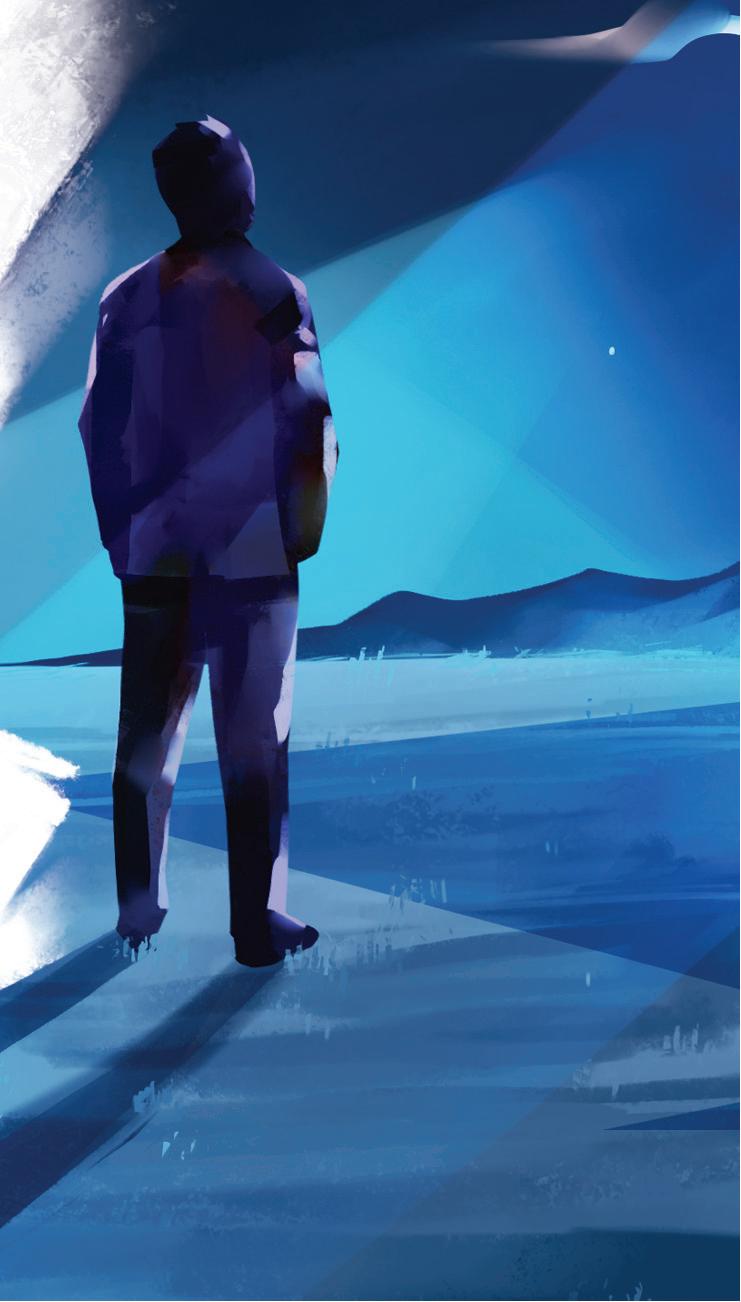
| Chapter 1
11
2 Chapter
The Gray Valley
Half-way along the road from West Egg to New York City there is a gray valley. The road and the railroad run side-by-side there. Its houses are gray. Gray factory smoke fills the sky over it. Gray men – and sometimes gray cars –move across it. High above it, there is an advertisement for a New York eye specialist – Dr. T. J. Eckleberg. This shows a pair of two-meter-high blue eyes looking through yellow glasses across the grayness. A narrow, smelly river runs along one side of this valley. When they lift the bridge over it for boats to pass, cars and trains must wait on the river banks to go on their way. Because of this, I met Tom’s lady friend.
One Sunday afternoon, I was on the New York City train with Tom. He’d had some drinks at lunch. When we reached the gray valley, the bridge was up. Our train stopped. “Come and meet my girl,” said Tom. He pulled me off the train. We walked across the valley to a yellow building. It contained an empty store, a late-night restaurant, and a garage. The sign over the garage read: George B. Wilson – cars bought and sold. I followed Tom inside. The owner – a blond, weak-looking man – came out of his office. His blue eyes shone with hope when he saw Tom.
“Hello, Wilson,” said Tom, hitting him playfully on the shoulder. “How’s business?”
12
“Not bad,” replied Wilson. “When will you sell me that car?”
“Soon. My man’s working on it.”
“He sure is slow.”
“Look,” said Tom coldly. “If you feel that way, maybe I’ll sell it somewhere else.”
“I didn’t mean that,” said Wilson quickly. “I just meant…” He left the sentence unfinished.
At that moment, a woman came out of the office. She was in her middle thirties and wore a shiny blue dress. She wasn’t beautiful, but she was full of energy. She came nearer and smiled at Tom. Then she shouted to her husband, “Where can we sit? Bring some chairs.”
“Sure,” said Wilson. He hurried back into the office.
“I want to see you,” said Tom quickly. “Get the next train. Let’s meet at the newsstand on the lower floor.”
“All right,” she said.
Tom and I went back to the road and waited for her.
Tom looked around the valley. “It’s a terrible place,” he said. I agreed.
“She needs to get away sometimes,” he continued. “Is her husband OK with that?” I asked.
“Oh, as far as Wilson knows, she’s visiting her sister in New York. He’s so stupid.”
So Tom, his girl, and I went to New York together. Well, not completely together. Mrs. Wilson traveled in a different railroad car. That way, no East Eggers on the train would see them together.
We met her at the station newsstand. She was buying some magazines. Then she bought bath oil and soap from the station drugstore. After that, we took a taxi through the sunny New York streets.
Suddenly, she knocked on the glass behind the driver and cried, “Stop!” We stopped.
An old man was selling young dogs from a basket in the street.
13
The Great Gatsby


“I want a dog,” she told Tom. She opened her window.
“How much is that dog?” she asked.
“Ten dollars,” the dog-seller replied.
Tom paid the money and she got her dog.
When the taxi next stopped, I said, “Well, I’ll leave you now.”
“No, you won’t,” said Tom. “Myrtle will be hurt if you don’t visit our apartment.”

“I’ll call my sister, Catherine,” added Myrtle. “She’s beautiful. You’ll like her.”

We arrived at the apartment, on 158th Street, soon afterwards. Myrtle proudly took her dog, and everything else, inside. Tom and I followed.
Once in the apartment – a small one-bedroom place on the top floor – Myrtle gave the dog some milk and sent the elevator boy out for some dog food. Tom opened a bottle of whiskey. I drank heavily that afternoon.

Myrtle sat on Tom’s knee and phoned her sister and some neighbors – the McKees – to invite them round. Soon all our cigarettes were finished. I went to buy some more. When I returned, Tom and Myrtle had disappeared, so I sat in the living room and read a magazine. I couldn’t understand many of the articles in it – because of the whiskey.
Later, Myrtle’s sister and the neighbors arrived. Tom and Myrtle appeared from the bedroom. She had changed into a blue afternoon dress.
into a blue afternoon dress.


Myrtle’s sister, Catherine, was about thirty. She was thin – with short red hair and a pale face –and she wore cheap jewelry. McKee and his wife were from the apartment below. He was a photographer, and very polite. His wife was chatty, but terribly boring. She told me proudly, “Chester’s taken a hundred and twenty-seven photographs of me since we married!”
Myrtle’s sister, Catherine, was about thirty. She was a photographer, and very polite. twenty-seven photographs of me since we married!”



14


Tom. She went off to the kitchen.
“I’ve done some nice things out on Long Island,” said Mr. McKee.
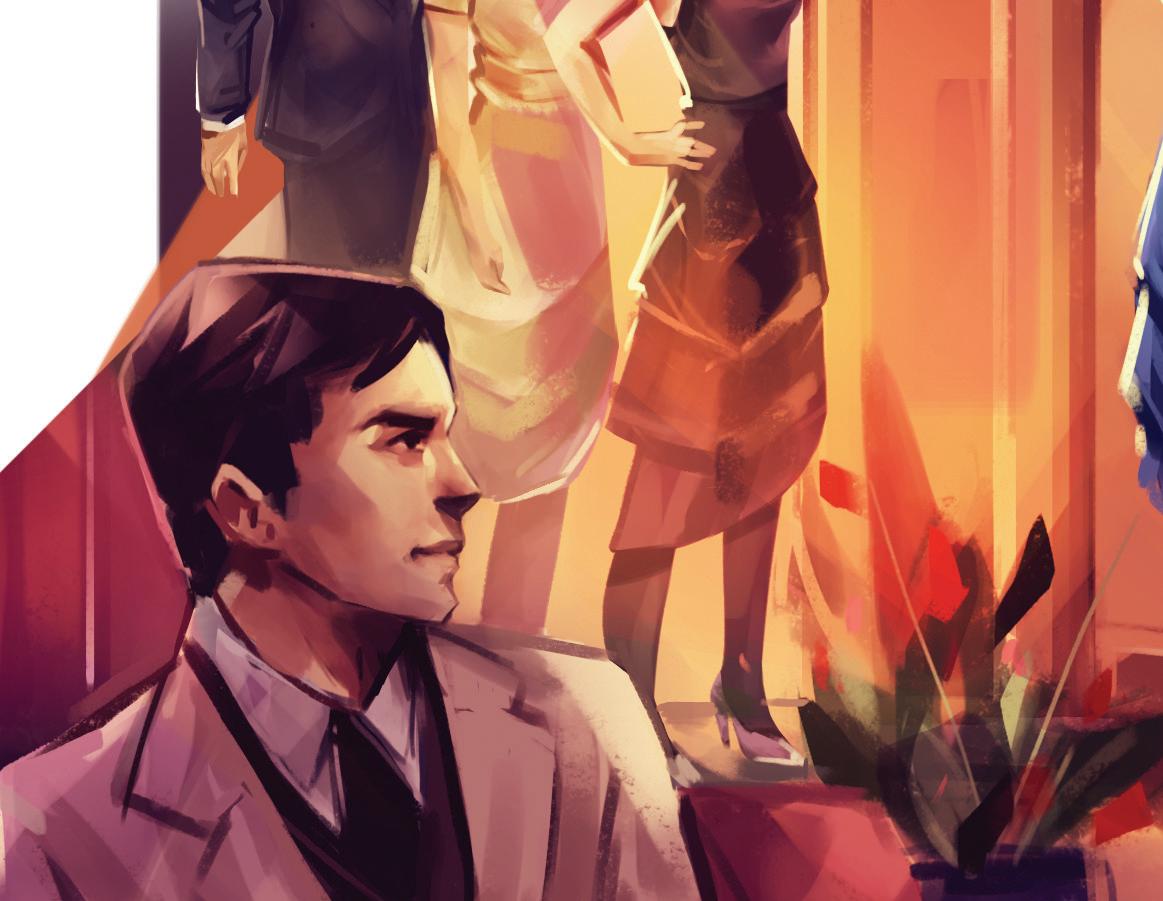




15

THE GREAT GATSBY
When Nick Carraway moves to New York, he finds that his new neighbor is the rich and popular Jay Gatsby. There are parties every weekend, and the music plays all night long. But there are a lot of secrets among Nick’s new friends, and, as the summer continues, things start to fall apart.
This story of the Jazz Age of the 1920s has fascinated readers for nearly a century.

StandFor Graded Readers provide a range of engaging reading materials for learners of English. Carefully graded by level, the series includes retellings of great classics and informative, factual titles.
Level 1 | 380 Headwords
Level 2 | 580 Headwords
Level 3 | 800 Headwords
Level 4 | 1000 Headwords
Level 5 | 1350 Headwords


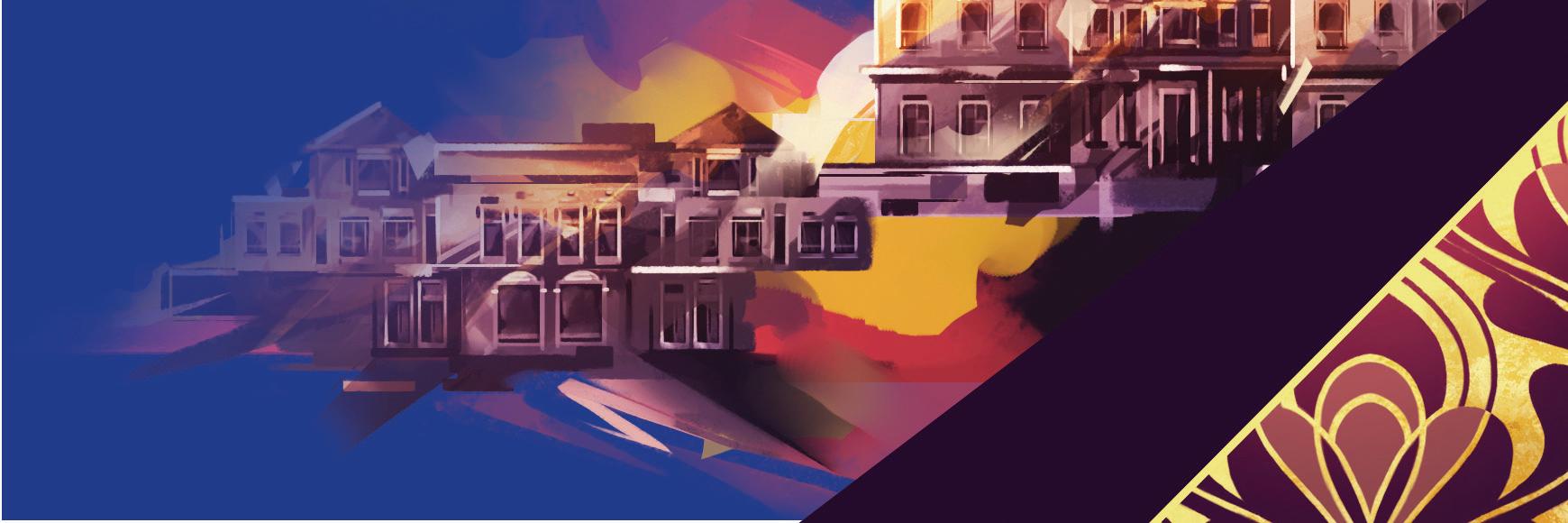
www.standfor.com.br CEFR B1 42380137 97 88596 015042 ISBN 978-85-96-01504-2
a udio a vailabl e enilno





























































